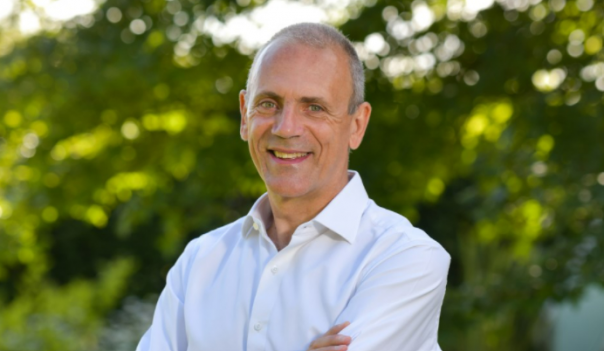
The call for collaboration forms part of Quorn’s mission to become a net positive business by 2030 and in that year provide eight billion servings of Quorn – one for every person on the planet.
Bertacca commented: “Protein from waste – it’s a big idea, and one that has the potential to revolutionise our food system.
“Our mission at Quorn has always been very clear. We tackle climate change by making great tasting food. But we need to do this on an even bigger scale. If we could find a way to ferment that carbohydrate and make mycoprotein, we would produce the same amount of protein that we’d get from five billion cows.
“The numbers are mind-blowing – that’s three times more cows than there are on the planet now. So even if we could achieve a fraction of this, it would be a game-changer in reducing the carbon footprint created by food production.”
In 2020 UK Prime Minister Boris Johnson set an ambitious target to reduce UK emissions by at least 68% against 1990 levels, by the end of 2030.
Bertacca added: “According to the UN Food and Agricultural Organisation, half of the world’s habitable land is used for agriculture. Therefore, food lies at the heart of tackling climate change and, with food production accounting for over a quarter of global greenhouse gas emissions, we believe a big idea like creating protein from arable waste could put the world back on track to a more sustainable future for all.
“I truly believe that the way we produce and source our foods will dictate the future of this planet. Our global food industry is currently on the wrong trajectory - it will be impossible to keep global temperatures at safe levels unless there is a transformation in the way we produce food and manage land.”